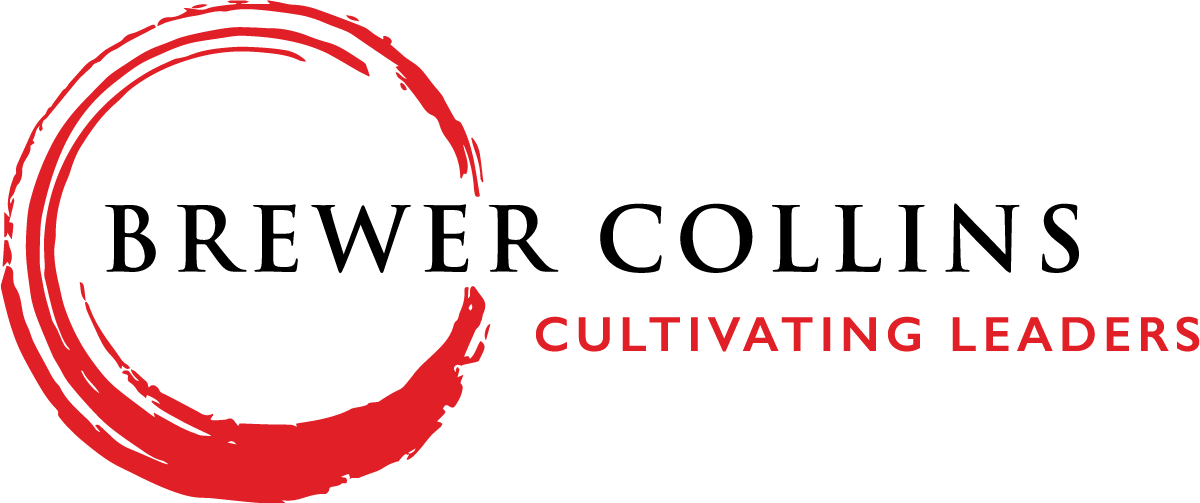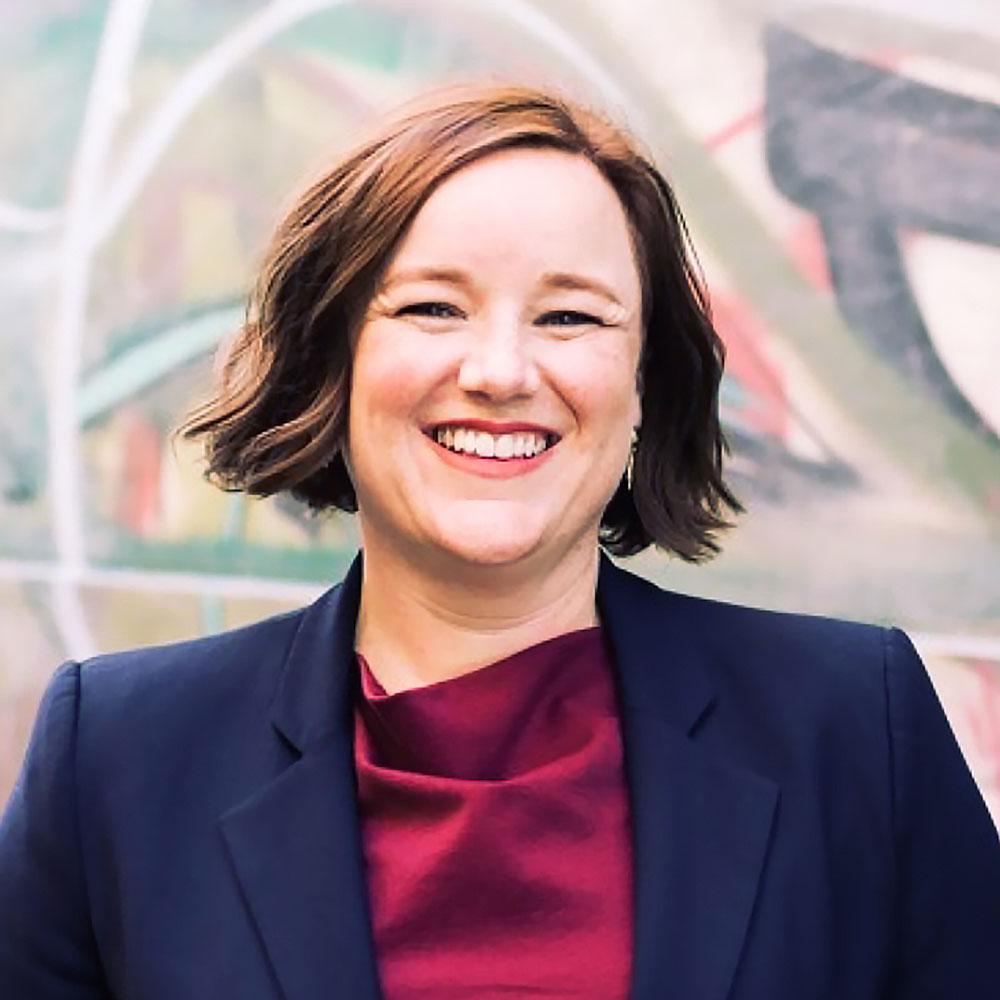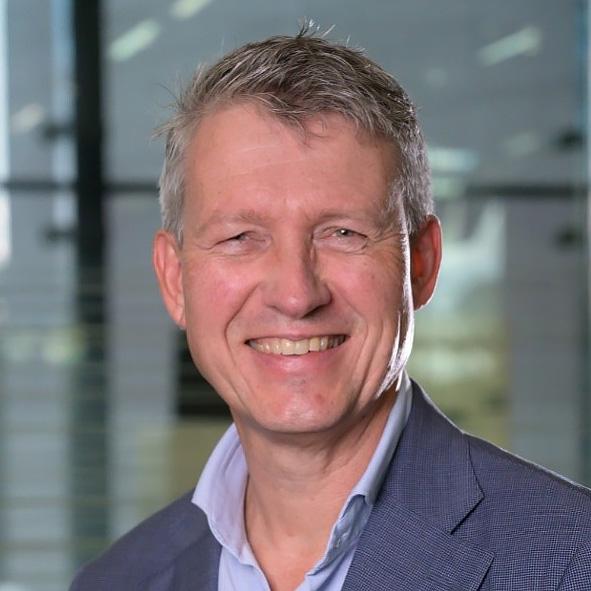ON LEADING PODCAST • Episode #15 • January 31, 2024
Listen on

Episode #15
Mindy Finn
On Bridging the Political Divide for the Sake of Democracy
By Lori Brewer Collins
“We divided the country into three broad segments: democracy defenders who are committed and active; democracy inhibitors who are strongly hostile and pose an active threat; and democracy shifters, who are either open to hearing new information or who are susceptible targets of disinformation and need a counter narrative.”
—Mindy Finn
When I spoke with serial entrepreneur Mindy Finn in the latest episode of On Leading, this is how she described the approach her current company took before the 2022 United States mid-terms. Mindy founded Citizen Data in 2020 as a data marketplace for building a more resilient, inclusive democracy. Citizen Data provides unbiased research and guidance, powered by AI and behavioral science, that helps organizations bridge divides, make critical decisions, and advance solutions to America’s tough challenges.
A veteran of three major presidential campaigns, Mindy is a formerly “lifelong” Republican, now turned Independent. As one of the many Republicans who distanced themselves from the party under Donald Trump, Mitch McConnell and Paul Ryan, she helped form a Political Action Committee to support the Never Trump movement. (In case you’ve ever wondered, Mindy was the person who launched the “Never Trump” hashtag.) She later ran on the 2016 vice-presidential ticket with Independent candidate Evan McMullin, advocating for reform of Social Security entitlements, paid time off for women, child care improvements, and tax law simplification.
Mindy started her career as a journalist intern in 2001, writing front-page articles about the September 11 attacks for a family-owned newspaper in Connecticut. She went on from that auspicious start to play a prominent role in the early development of political eCampaigns for Bush/Cheney, the Republican National Committee, and Mitt Romney in his run for the U.S. presidency. As co-founder of digital fundraising and media firm Engage, she helped other presidential candidates, congressional leaders and state-level officials seize the high ground in the then chaotic media environment of 24-hour news, social media, and YouTube. In 2011, she left the firm she founded to help Twitter in the Washington DC area. Her objective: develop strategic partnerships there that would empower voters, campaigns and the media to instantly share information and ideas without barriers.
That same year, this young achiever made the list of “50 Politicos to Watch”, as well as Politico’s list of “top tweeters”. She was gaining recognition for her impact at the intersection of our nation’s politics, media and technology. The Washingtonian named Finn one of the “top 100 tech titans…mostly for her ability to mesh government and online strategy together”. In 2012, Rory O’Connor called Mindy a “pioneer of online politics” in Friends, Followers and the Future: How Social Media are Changing Politics, Threatening Big Brands and Killing Traditional Media. By 2013, Grace Wyler and Brett LoGiurato of Business Insider dubbed her one of “the 50 hottest people in online politics” for her political and advocacy work on Twitter, writing, “Finn has played a key role in making Twitter the go-to social media platform in the political sphere.”
Nonplussed by all the attention, Mindy went on to found / co-found four more enterprises between 2014 and 2017:
- Mischief Media, a high-stakes political and public affairs firm
- Empowered Women, a non-profit to promote feminism and women’s empowerment in the U.S.
- Stand Up Ideas, an advocacy organization to advance liberty, equality and truth as the cornerstones of democracy, and
- Stand Up Republic (SUR), an advocacy non-profit to build a cross-partisan movement to defend democracy in America through media and civic action.
In 2018, SUR co-published a conspiracy theory report called The Republic at Risk with the cross-ideological non-profit group Protect Democracy. The report criticized the Trump administration for being anti-democratic and dictatorial. Between 2016 and 2018, Mindy had sat on the National Advisory Committee of the Democracy Fund to help ensure their investments in organizations would make America’s political system more responsive to the public and better able to meet the nation’s challenges. In 2019, she became an advisor to Protect Democracy, which uses litigation, technology, research, analysis, and legislative and communications strategies to stand up for free and fair elections, the rule of law, fact-based debate, and a better democracy for future generations. Last year, she became an advisor to A More Perfect Union, which supports a trans-partisan Jewish partnership to build greater resilience to the dynamics of toxic polarization, strengthen democratic culture, and ensure the U.S. remains an electoral democracy, at least until the 250th anniversary of the nation’s independence.
Perhaps this will be enough to defeat the authoritarian threat to democracy. Perhaps not. As Mindy says:
“You have a finite amount of energy. How you use it is a choice. You can use it to be negative and driven by fear. Or you can use it to stay positive and be hopeful. If we’re all able to do the latter, I truly think that is going to be our best way to create change.”
Key Takeaways
What Mindy impressed on me was that, more and more, democracy is becoming a voting issue. Our current political system uses data, insights, and targeting to inflame divisiveness, rather than to bring people together across the political divide. In fact, the left and the right each have their own data ecosystems. Therefore, it is increasingly important that we start to think “non-partisan” and create cross-partisan systems and connections. Here are a few tips from Mindy for doing so:
- Inspire and motivate people with your deep caring and your passion. Bring your grit and optimism to the work you’re doing. Be accessible. Be humble. Be authentic. Be respectful of people and their potential. Understand that they will be motivated by different things, depending on what stages they are at in life.
- Constantly strive to give everyone a voice and pathway to agency. Help them know they have the ability, through their voice and their actions, to determine the direction of their community, their country, their state.
- Aim for what connects. What are the values people share? What are their shared feelings? What are their shared connections?
- Study how people perceive language differently. The language of civics and democracy is not perceived the same way by all people. People have associations with certain terms, or terms they don’t quite understand, either of which can trigger fear. That is why some terms can be so polarizing. Knowing what’s what in this regard, you can adjust your communications to the various constituencies.
- Focus on bridge builders. Identify your problem solvers, your reformers. These are audiences ripe for your outreach.
- Get clear on the 5 Ms of your communication plan: the message, the messenger, the media (the channels), the mode of communication (verbal, written, video), and the move (how you will move them to vote).
- Prepare election officials to be disinformation officers. This may not be the job they signed up to do, but we need them all to disseminate the truth about how elections work and how results are run.
“Democracy was meant to be a work in progress. It is a work in progress—and always will be. There is no end point. So stay positive, stay hopeful, and keep working on this project of democracy.”
—Mindy Finn





